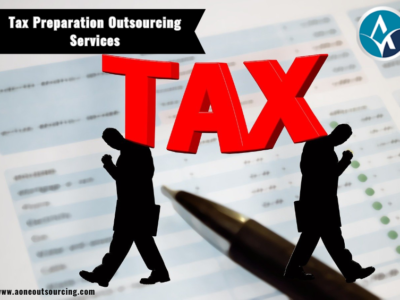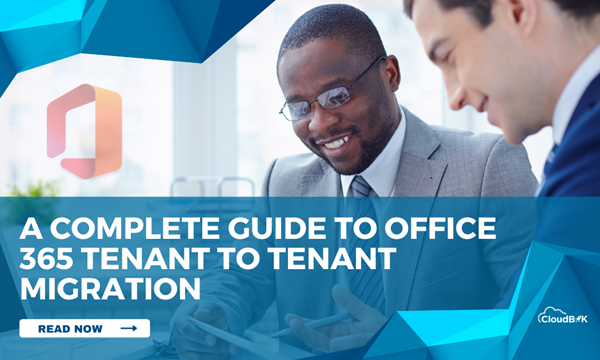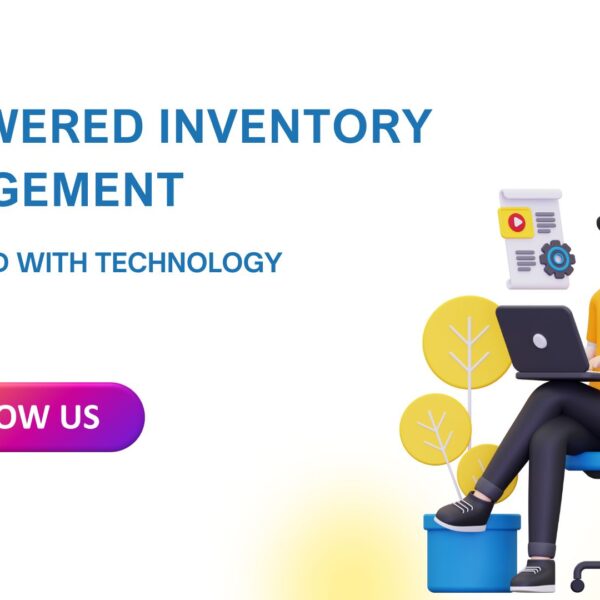
In today’s fast-paced digital world, cloud accounting is transforming the way businesses handle their financial operations. But what exactly is cloud accounting, and why should you consider making the switch? In this article, we’ll dive deep into the many advantages of cloud-based accounting software and why it’s become a game-changer for businesses of all sizes.
What is Cloud Accounting?
Cloud accounting refers to accounting software hosted on remote servers, meaning all your financial data is stored securely in the cloud rather than on your local computer or server. This allows businesses to access their accounts from anywhere with an internet connection. Unlike traditional accounting software, which requires manual installations and updates, cloud accounting is typically subscription-based, making it a more flexible and affordable solution.
Why Cloud Accounting is Gaining Popularity
Businesses are rapidly adopting cloud accounting solutions because of their cost-effectiveness, flexibility, and ability to automate routine tasks. Let’s take a closer look at the top benefits cloud accounting offers.
Cost-Efficiency
One of the most significant advantages of cloud accounting is the cost savings it provides. Traditional accounting systems often require hefty upfront investments in software, hardware, and IT infrastructure, but cloud accounting eliminates many of these expenses.
Lower IT Costs
With cloud accounting, there’s no need to invest in expensive servers or constantly maintain an IT team to manage and update your accounting software. The service provider takes care of all the technical aspects, ensuring you always have the latest version without additional costs.
Subscription-Based Pricing
Cloud accounting is typically offered as a subscription-based model, allowing businesses to pay only for the services they use. This is especially beneficial for small businesses, as they can scale their subscription up or down depending on their needs.
Flexibility and Scalability
Cloud accounting gives businesses the flexibility to manage their finances from anywhere, at any time. This is a huge advantage for remote teams or business owners who are constantly on the go.
Access from Anywhere, Anytime
With cloud-based accounting, you can log into your account from any device with an internet connection, whether it’s your phone, tablet, or laptop. This convenience ensures that your financial data is always at your fingertips.
Customizable Solutions
Another benefit of cloud accounting is its scalability. Whether you’re a small business or a large corporation, cloud solutions can grow with you. You can add features and users as your company expands without significant downtime or additional costs.
Improved Collaboration
Cloud accounting fosters better collaboration among team members by providing a shared platform where everyone can access real-time data.
Real-Time Data Sharing
With cloud accounting, multiple users can work on the same data simultaneously, ensuring that everyone is on the same page. This makes tasks like reconciliations, invoicing, and reporting more efficient.
Multiple Users, One Platform
Whether you’re working with your accountant, bookkeeper, or employees, cloud accounting allows everyone to work on the same platform. This streamlined access ensures fewer mistakes and quicker results.
Enhanced Data Security
Many businesses worry about the safety of their financial data. Cloud accounting providers take security very seriously, offering advanced features to protect sensitive information.
Encryption and Data Backup
Cloud accounting services use encryption to secure your data, both in transit and at rest. Additionally, automatic backups ensure that you never lose important financial information, even in the event of a disaster.
Redundancy and Disaster Recovery
In case of server failure, cloud accounting providers have redundancy measures in place, which means your data is stored across multiple servers. This ensures continuous access to your information, even if one server goes down.
Automation and Efficiency
Time-consuming manual tasks like invoicing, expense tracking, and payroll can be automated with cloud accounting.
Automated Invoicing and Payments
Cloud accounting software can generate and send invoices automatically, monitor payment statuses, and even send reminders to clients. This reduces the time spent on these tasks and ensures you get paid on time.
Reduced Human Errors
By automating routine tasks, cloud accounting significantly reduces the risk of human error. Fewer mistakes mean more accurate records and a smoother financial operation.
Integration with Other Tools
Cloud accounting platforms can seamlessly integrate with other financial tools, enhancing the overall functionality of your accounting processes.
Seamless Integration with Financial Software
From payment processors to CRM systems, cloud accounting solutions can integrate with a variety of other tools, streamlining your workflow.
Enhanced Reporting and Analytics
These integrations provide a more comprehensive view of your financial data, enabling more detailed and insightful reports. You can track cash flow, revenue, and expenses more easily.
Real-Time Financial Insights
One of the major advantages of cloud accounting is the ability to generate real-time reports and insights.
Instant Access to Reports
With cloud accounting, you don’t have to wait until the end of the month to access crucial financial data. You can generate reports instantly, giving you up-to-date insights.
Informed Decision-Making
These real-time insights help business owners make more informed decisions regarding investments, expenses, and other financial matters.
Compliance and Audit-Ready
Cloud accounting systems are designed to comply with the latest tax regulations and standards, keeping you always audit-ready.
Automatic Updates for Regulatory Changes
The software updates automatically to reflect any changes in tax laws or accounting standards, ensuring your business remains compliant.
Easy Audit Trails
Cloud accounting keeps detailed records of all financial transactions, making it easy to track and verify data during audits.
Environmental Benefits
Using cloud accounting also has a positive impact on the environment.
Reduced Paper Usage
Since all records are stored digitally, cloud accounting significantly reduces the need for paper, helping businesses lower their carbon footprint.
Lower Carbon Footprint
By reducing energy consumption and the need for physical storage space, cloud accounting is an environmentally friendly option for businesses.
Support for Remote Work
Cloud accounting supports today’s increasingly remote work environments.
Access from Any Device
Employees can access financial data and perform tasks from any device, enabling seamless collaboration regardless of location.
Collaboration with Distributed Teams
Cloud accounting tools allow teams to work together, even when they are spread across different geographies, ensuring financial management remains efficient.
Business Continuity
In the event of an emergency or natural disaster, cloud accounting ensures your business can continue operating without disruptions.
Data Recovery During Disasters
Cloud accounting software providers offer data recovery services, ensuring that your financial data remains intact even in case of a crisis.
Uninterrupted Access to Data
Whether you’re facing a local outage or a natural disaster, cloud accounting ensures you can access your financial data from anywhere in the world.
Scalability for Growing Businesses
As your business grows, cloud accounting solutions can grow with you.
Add New Users and Features Easily
Cloud accounting software allows you to add users, features, and integrations as your business needs change, ensuring you don’t outgrow your financial tools.
Scalable Storage
Need more storage for your growing business? Cloud accounting provides scalable storage options without the need for extra hardware.
Accessibility for Small Businesses
Cloud accounting isn’t just for large corporations; it’s also a great solution for small businesses.
Affordable Solutions for Startups
With its subscription-based pricing and lack of upfront costs, cloud accounting is an affordable option for small businesses and startups.
Simplified Accounting for Non-Experts
You don’t need to be an accounting expert to use cloud-based accounting software. These platforms are designed to be user-friendly, making them accessible to business owners with limited financial knowledge.
Conclusion
Cloud accounting offers numerous benefits for businesses of all sizes. From cost-efficiency and scalability to real-time financial insights and enhanced collaboration, cloud accounting is a powerful tool for modern financial management. Whether you’re a small startup or an established company, cloud accounting can help you stay competitive, compliant, and efficient.











